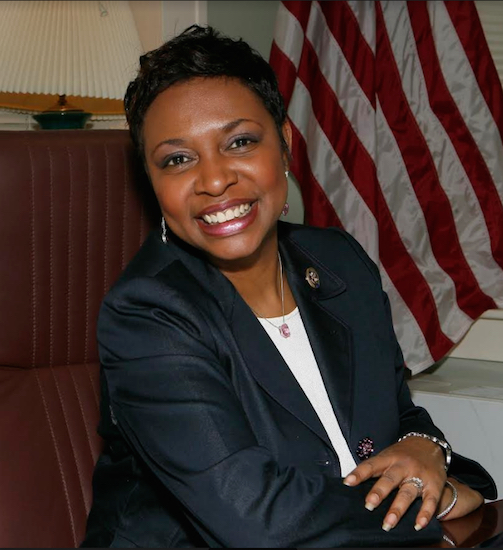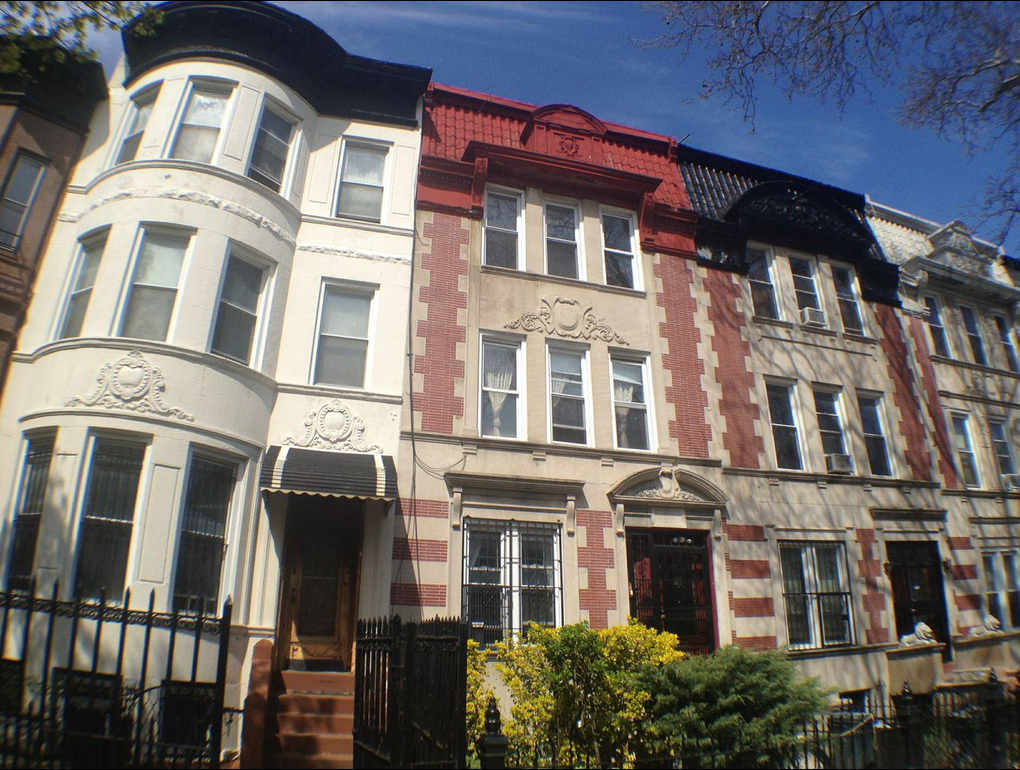In Public Service: Clarke wants more focus on black women
Lawmaker says females are largely ignored

U.S. Rep. Yvette Clarke says there should be more of a focus on the lives of black women and girls who, she claims, have largely been ignored or shoved to the sidelines. Photo courtesy of Clarke’s office
The national conversation about race largely focuses on the plight of black men, but U.S. Rep. Yvette Clarke said that it is about to change, as the spotlight is starting to focus on women.
“There was not a balance in the dialogue about black Americans. The emphasis has always been on the struggles of black men. We think the time is ripe to bring a balance to the conversation,” Clarke told the Brooklyn Eagle in a recent phone interview.
Clarke, a Democrat who represents the Ninth Congressional District in Central Brooklyn, is part of a quiet revolution taking place in the House of Representatives and around the country.
